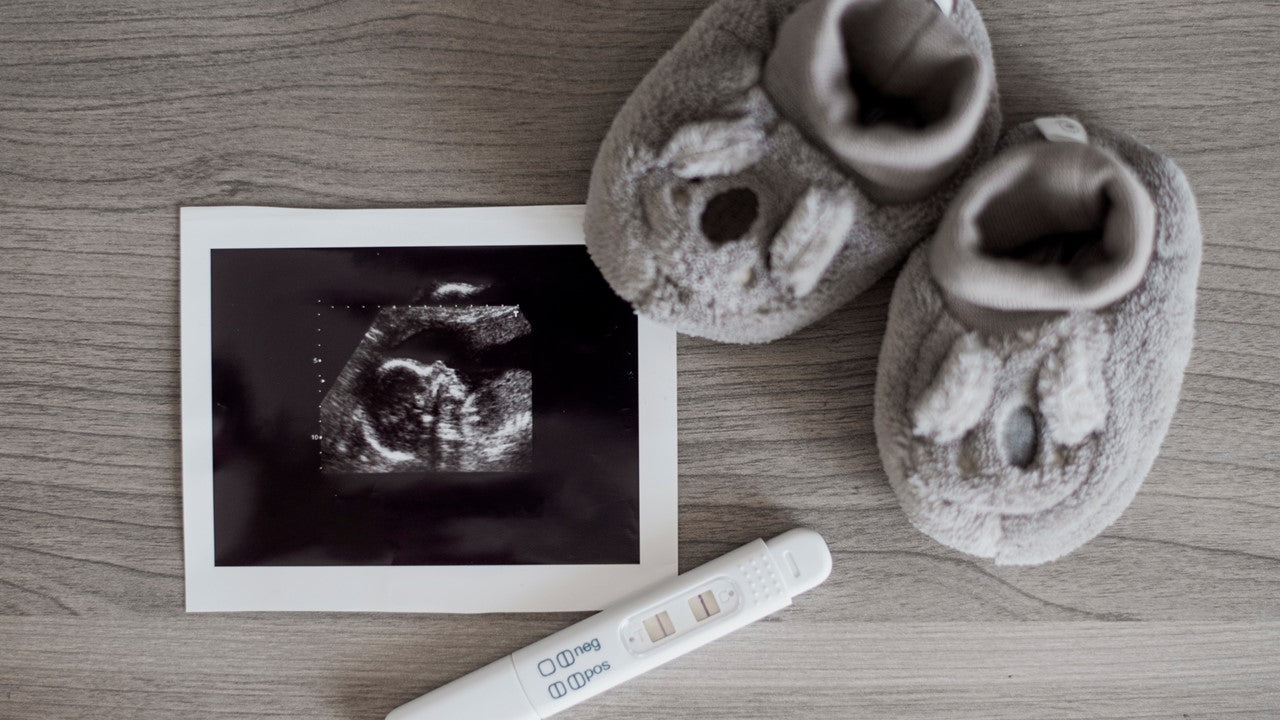Choline: an essential nutrient that strengthens the brain

Many know the importance of Folate before and during pregnancy: Vitamin B9 (Folate) supports the development of the baby's brain and helps prevent neural tube defects. In the offices of gynecologists and obstetricians, women are always recommended to take folate or folic acid (synthetic version) from the moment they want to get pregnant.
But there is another nutrient that plays a very similar role in the development of the baby's brain: Choline. What is the difference? Most people do not know its importance before, during and after pregnancy.

What is the Hill?
It is an essential nutrient that all animals and plants need to maintain the structural integrity of the cell. It has many other functions, but the most important is its contribution to fetal brain development, which led the Institute of Medicine to recognize it as an essential nutrient in 1998. Also, the AMA (American Medical Association) recommended that prenatal vitamin supplements should contain choline, and the American Academy of Pediatrics recognized choline as an essential nutrient for pregnant women and young children.
What are the sources of Choline?
Choline is found in both animal and plant foods; however, foods of animal origin often contain more choline per gram of food product. Beef, eggs, chicken, fish, and pork are concentrated sources of choline, providing more than 60 mg per 100 g. Among plant-based foods, nuts, legumes, and cruciferous vegetables (for example, broccoli) are relatively good sources, providing at least 25mg per 100g.

Although our body does produce some choline in the liver, the amount is too low to meet our daily needs during pregnancy without additional intake of supplements.
The Hill helps to form the brain of the baby and favors the cognitive functions
It is an essential nutrient in early fetal brain development and cognitive functions and is required to generate a molecule called Phosphatidylcholine. This molecule, in turn, is a building block for nerve cells, including those in the baby's brain. Therefore, an adequate supply of Choline, as well as Folate, is an important factor in the prevention of neural tube defects in babies.
The baby's brain, once formed, also depends on the Hill to function properly. It is an essential part of a neurotransmitter called Acetylcholine, which regulates brain function. Multiple animal and human studies have suggested that adequate choline levels, during pregnancy and during lactation, may support the healthy development of the baby's memory and other cognitive functions after birth.

Choline deficiency is very common
Our Colina needs change according to the stage of life in which we find ourselves. Pregnancy and lactation are times when the demand for this nutrient increases: as the baby grows in the womb, it extracts a large amount of Choline from the mother through the placenta. A healthy baby is born with a much higher concentration than the mother, up to 7 times higher, according to a study from the University of North Carolina . During pregnancy, the mother's body increases the production of Choline to meet the demand, but in most women the reserves are depleted. Breast milk is also rich in Choline (although levels can vary greatly depending on the mother's choline status), further increasing the demand in the mother's body.
The vast majority of women, pregnant and lactating, have Choline deficiency, due to the increase in demand and because its importance is not sufficiently recognized. Studies carried out in other countries show that, in some populations, between 90% and 95% of women, even taking Prenatal Vitamins, do not have adequate levels of Choline.

Who is at risk of Choline deficiency?
As we showed above, all pregnant and lactating women are at increased risk of Choline deficiency, but some groups are more at risk than others:
- Vegans and Vegetarians: Eggs, beef and chicken, many of the foods that top the list of choline-rich foods, are of animal origin, so vegans and vegetarians are more likely to be deficient in choline .
- Women with some genetic mutations: Studies have suggested that certain common variants of genes involved in choline metabolism may alter the way it is used in the body, increasing the risk of deficiency, even when dietary intake of this nutrient reaches the recommended amount.
- Women with low Folate levels: Choline and Folate work in much the same way. Both are methyl donors, involved in the process of detoxifying homocysteine, a harmful byproduct of metabolic processes. Because they work in a similar way, Folate deficiencies have been shown to increase the need for Choline, as the body uses Choline to replace Folate.
What can I do to support my baby's brain health with Choline?
If you eat about 2 or 3 eggs a day, you can meet your Choline needs. But most women don't consume that amount. Increasing your consumption of meats such as chicken, beef, pork, and eggs can be a good option. If you are vegetarian or vegan, the consumption of nuts, seeds and cruciferous vegetables is recommended.
Looking for a prenatal vitamin supplement that contains Choline, like our Excellence Fertility Prenatal Vitamins, is a good option. Remember that not all vitamins are the same , so we recommend you always check the ingredients and look for certified manufacturers.

Sources
AMA Wire AMA Backs Global Health Experts in Calling Infertility a Disease. [(accessed on 10 June 2019)]; Available online: https://wire.ama-assn.org/ama-news/ama-backs-global-health-experts-calling-infertility-disease
Schwarzenberg SJ, Georgieff MK, Committee on Nutrition Advocacy for Improving Nutrition in the First 1000 Days to Support Childhood Development and Adult Health. Pediatrics. 2018;141:e20173716. doi: 10.1542/peds.2017-3716.
Institute of Medicine. Dietary Reference Intakes for Thiamin, Riboflavin, Niacin, Vitamin B6, Folate, Vitamin B12, Pantothenic Acid, Biotin and Choline. National Academy Press; Washington, DC, USA: 1998
Zeisel SH. Choline: critical role during fetal development and dietary requirements in adults. Annu Rev Nutr. 2006;26:229-50. doi: 10.1146/annurev.nutr.26.061505.111156. PMID: 16848706; PMCID: PMC2441939.
Zeisel SH. Nutrition in pregnancy: the argument for including a source of choline. Int J Womens Health. 2013 Apr 22;5:193-9. doi: 10.2147/IJWH.S36610. PMID: 23637565; PMCID: PMC3639110.
0 comments



